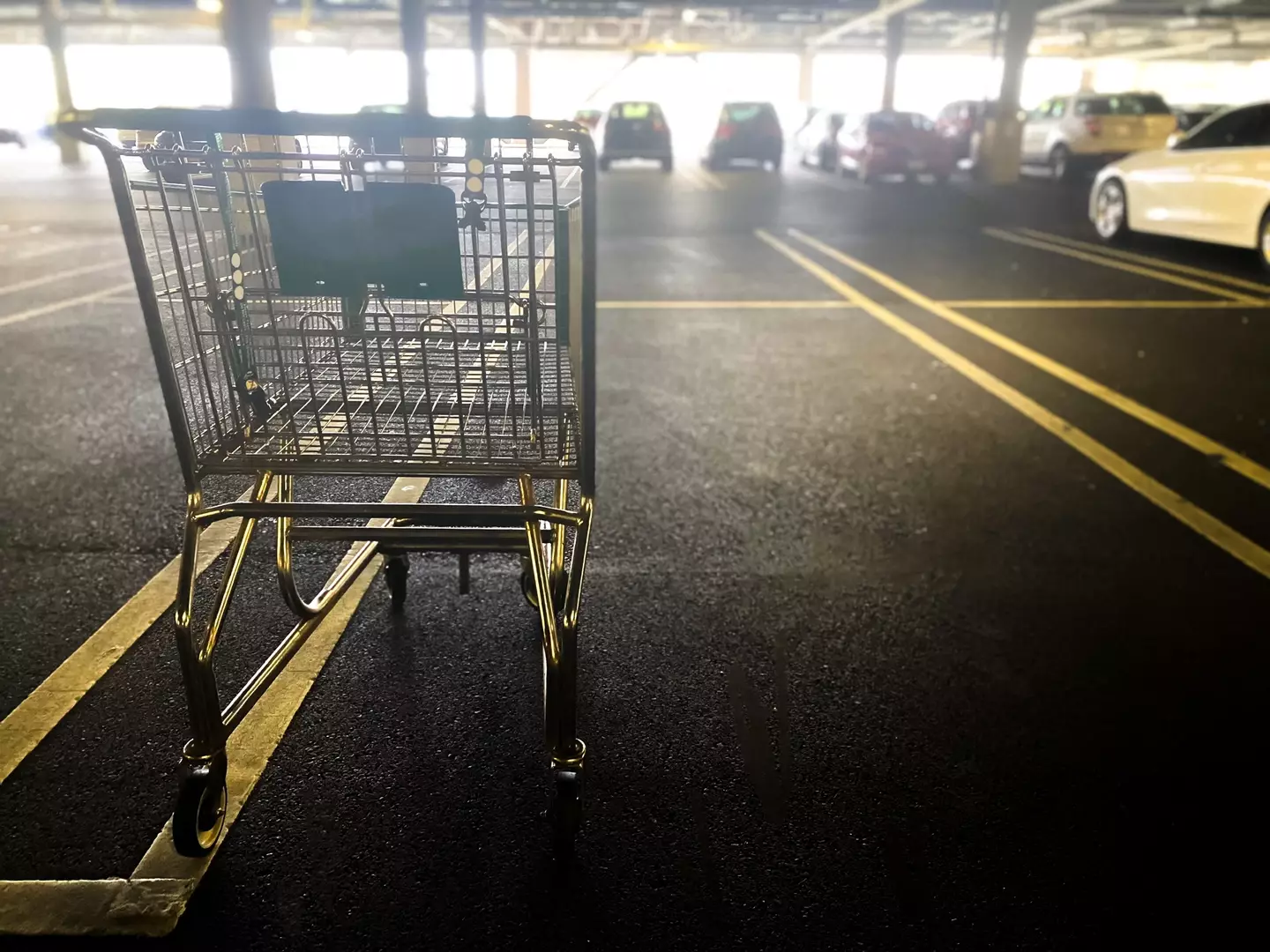
The quandary over the innate goodness of mankind has been the subject of philosophical debate since before we started writing such things down.
What drives someone to do the right thing? Is it the law? Is it an innate moral fibre? Is it social coding? Is it a compulsion from the Almighty?
Sadly, the great thinkers of ancient civilisations didn’t have supermarket car parks to help them separate the good from the evil. A popular internet meme credited only to ‘Anonymous’ explains how the ethics of returning a trolley can reveal a lot about someone’s character.

Advert
The aptly-named ‘shopping cart theory’ reads: “The shopping cart is the ultimate litmus test for whether a person is capable of self-governing.
“To return the shopping cart is an easy, convenient task and one which we all recognise as the correct, appropriate thing to do. To return the shopping cart is objectively right. There are no situations other than dire emergencies in which a person is not able to return their cart.
“Simultaneously, it is not illegal to abandon your shopping cart. Therefore the shopping cart presents itself as the apex example of whether a person will do what is right without being forced to do it.
“No one will punish you for not returning the shopping cart, no one will fine you or kill you for not returning the shopping cart, you gain nothing by returning the shopping cart. You must return the shopping cart out of the goodness of your own heart. You must return the shopping cart because it is the right thing to do. Because it is correct.
“A person who is unable to do this is no better than an animal, an absolute savage who can only be made to do what is right by threatening them with a law and the force that stands behind it.
“The shopping cart is what determines whether a person is a good or bad member of society.”
Now, there are some caveats to this.
For one, there are some scenarios in which returning a shopping cart would be unsafe. A parent with a small child, for example, may not want to risk leaving their child unattended while they return their trolley.
Other critics have noted that physical limitations may also come into play, although by and large we might expect that someone who has used a trolley is also physically capable of returning it.
Despite these criticisms, social media users have been lapping it up for some time.

“Once you read the shopping cart theory, you really understand how we became such a low trust society. I always see shopping carts in the parking lot, I always return mine,” said one X user.
“I use the Shopping Cart Theory as a barometer for people far more than I ever thought,” said another.
Another made a highly salient point: “Shopping cart theory also applies with the people that don't rerack their weights at the gym.”
This is perhaps the ultimate rendition of the theory, and an opportunity for a PSA: if you don’t re-rack your weights at the gym or, worse, you leave plates on a bar so any lesser mortals simply can’t move the thing, you are a bad person. No amount of muscle makes up for being so inconsiderate; sort it out.
Topics: Social Media
